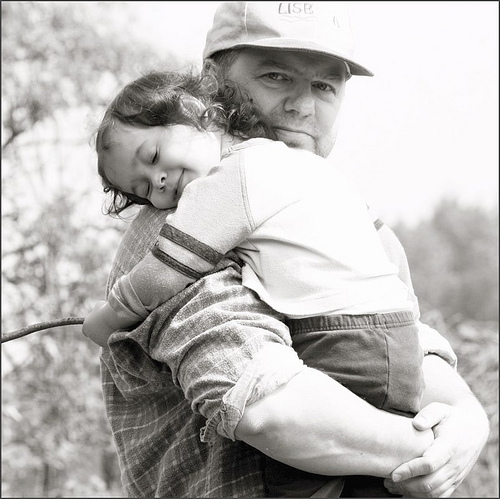Below is the book list from the Empowered to Connect class that Danielle and I are taking this summer. Sure, the class focuses on connecting with children from hard places, and those children many times are adopted or in foster care.

However, any child can come from a hard place as detailed in The Connected Child by Dr. Karyn Purvis.
Six primary risk factors that characterize children from hard places:
- Pre-natal stress.
- Difficult labor or birth.
- Early medical trauma.
- Trauma.
- Neglect.
- Abuse.
As you can see, any child can suffer from any of these risk factors, especially the first three. The following book list is a good resource to help make sense of how a child’s loss effects their ability to connect.
Book List
- The Connected Child: Bring hope and healing to your adoptive family
- Parenting Is Your Highest Calling: And Eight Other Myths That Trap Us in Worry and Guilt
- Anatomy of the Soul: Surprising Connections between Neuroscience and Spiritual Practices That Can Transform Your Life and Relationships
- The Whole-Brain Child: 12 Revolutionary Strategies to Nurture Your Child’s Developing Mind
- Attaching in Adoption: Practical Tools for Today’s Parents
- Wounded Children, Healing Homes: How Traumatized Children Impact Adoptive and Foster Families
- The Out-of-Sync Child
Can you give a brief review on any of these books? If so, please leave a comment.

By Ray Mosley—When people think of Prenatal stress, the mind automatically goes to what they are used to = the stress of jobs, schedules, overworked (home and office), demands of others on you, etc. Often overlooked is the trauma and issues due to drugs (including alcohol) and the absolutely unknown development issues that can arise. Throw in poor prenatal care with unwanted pregnancies and today – you have a world of children in desperate need.
I have read most of these books. We are taking a class this summer too. So far the Anatomy of the Soul book has been revolutionary. As a parent it helps me try an understand my whole child not just what I see in front of me.
Hi Jessica. Thank you for bringing attention to understanding our whole child rather than what we see in front of us.